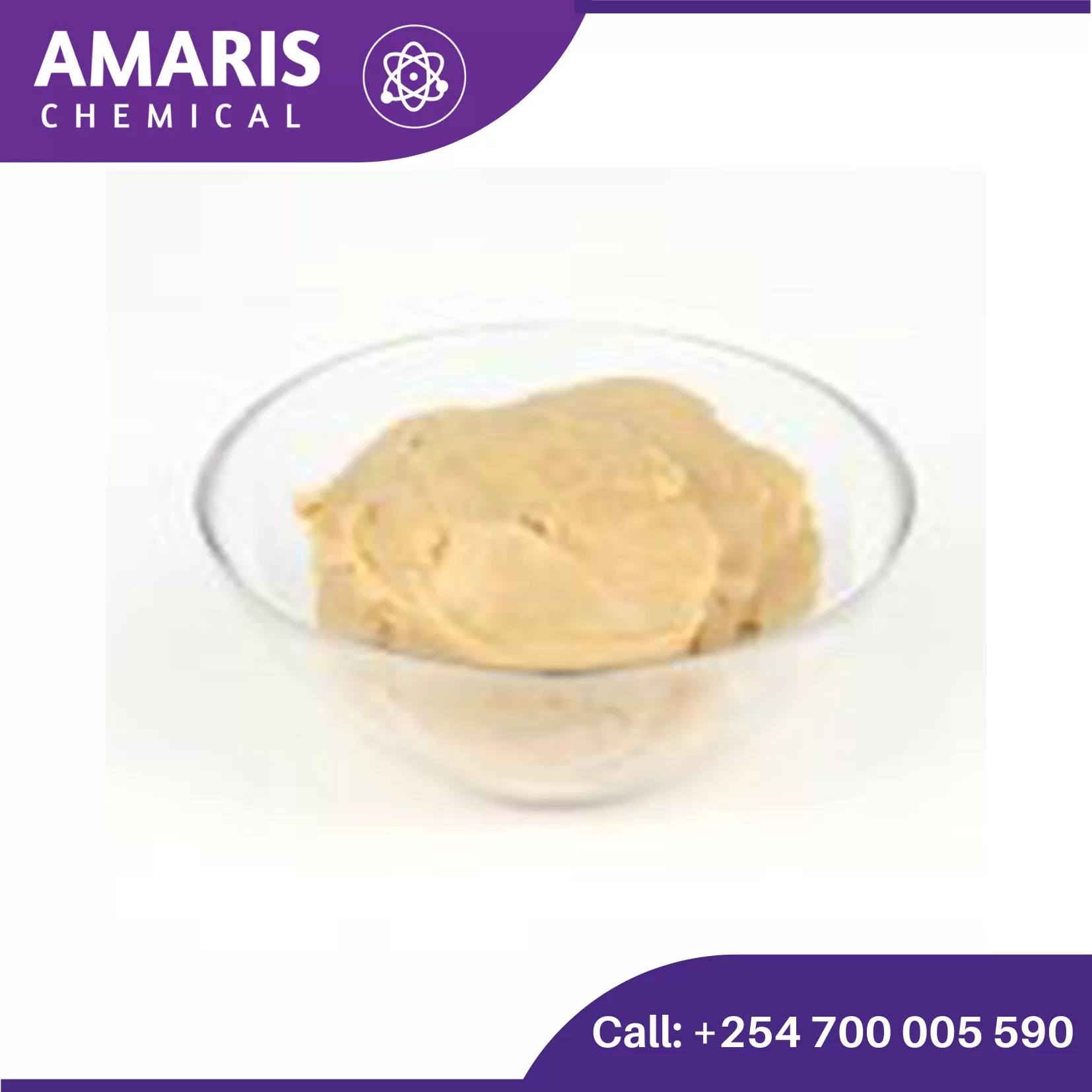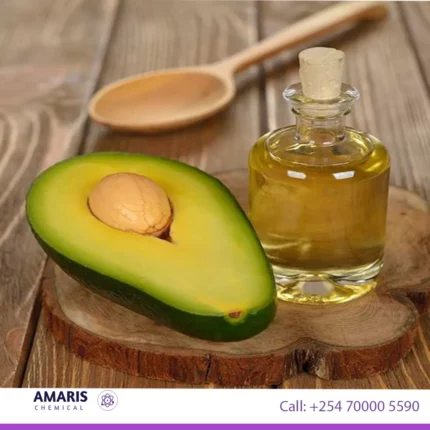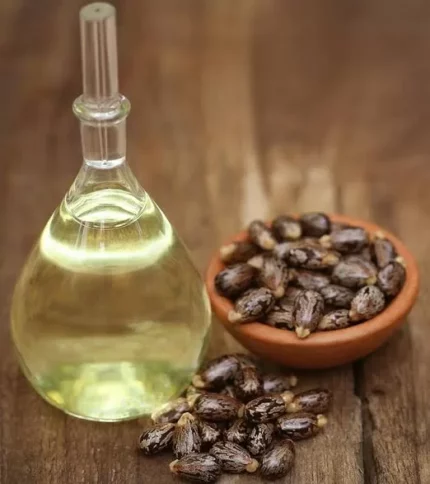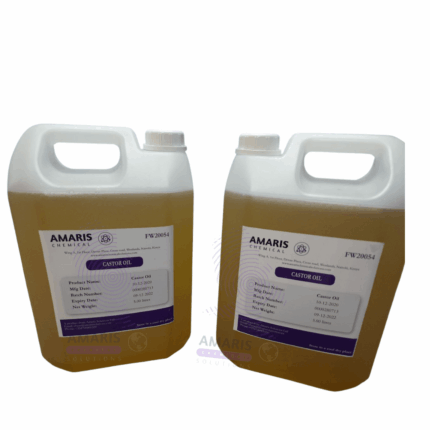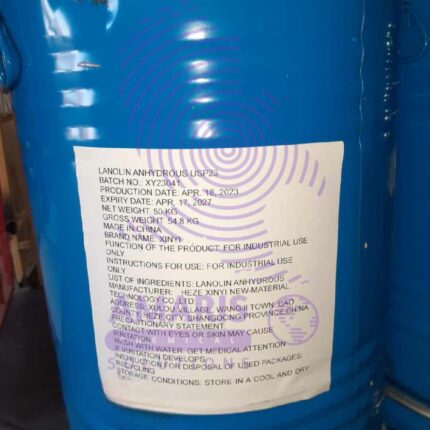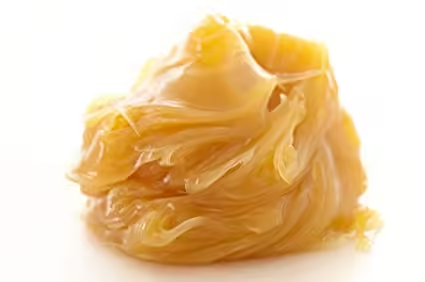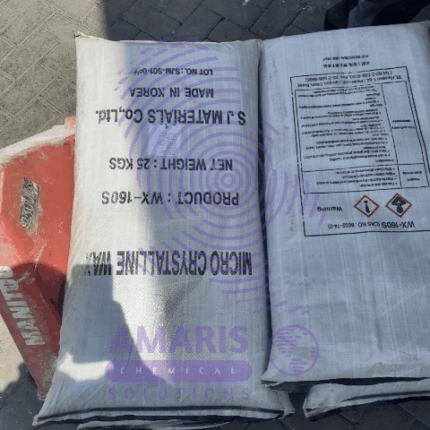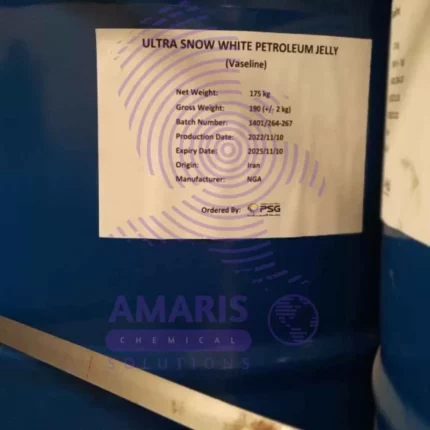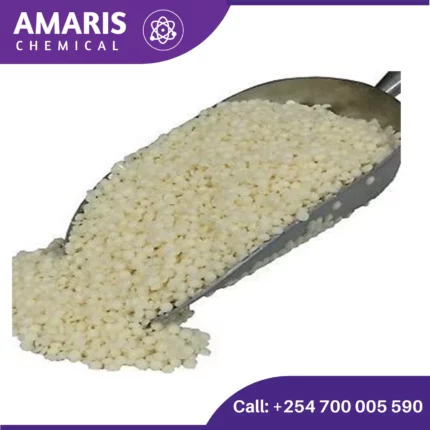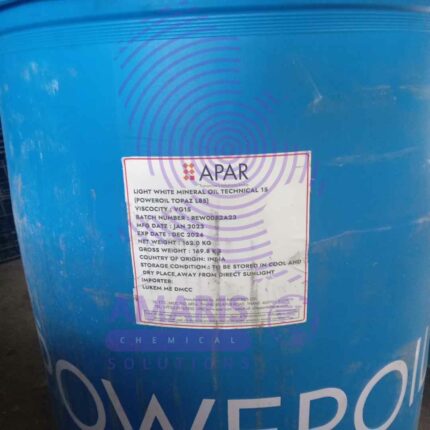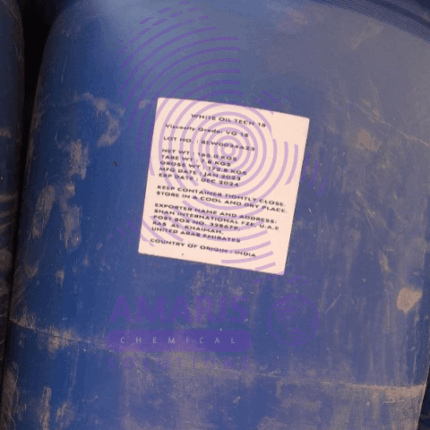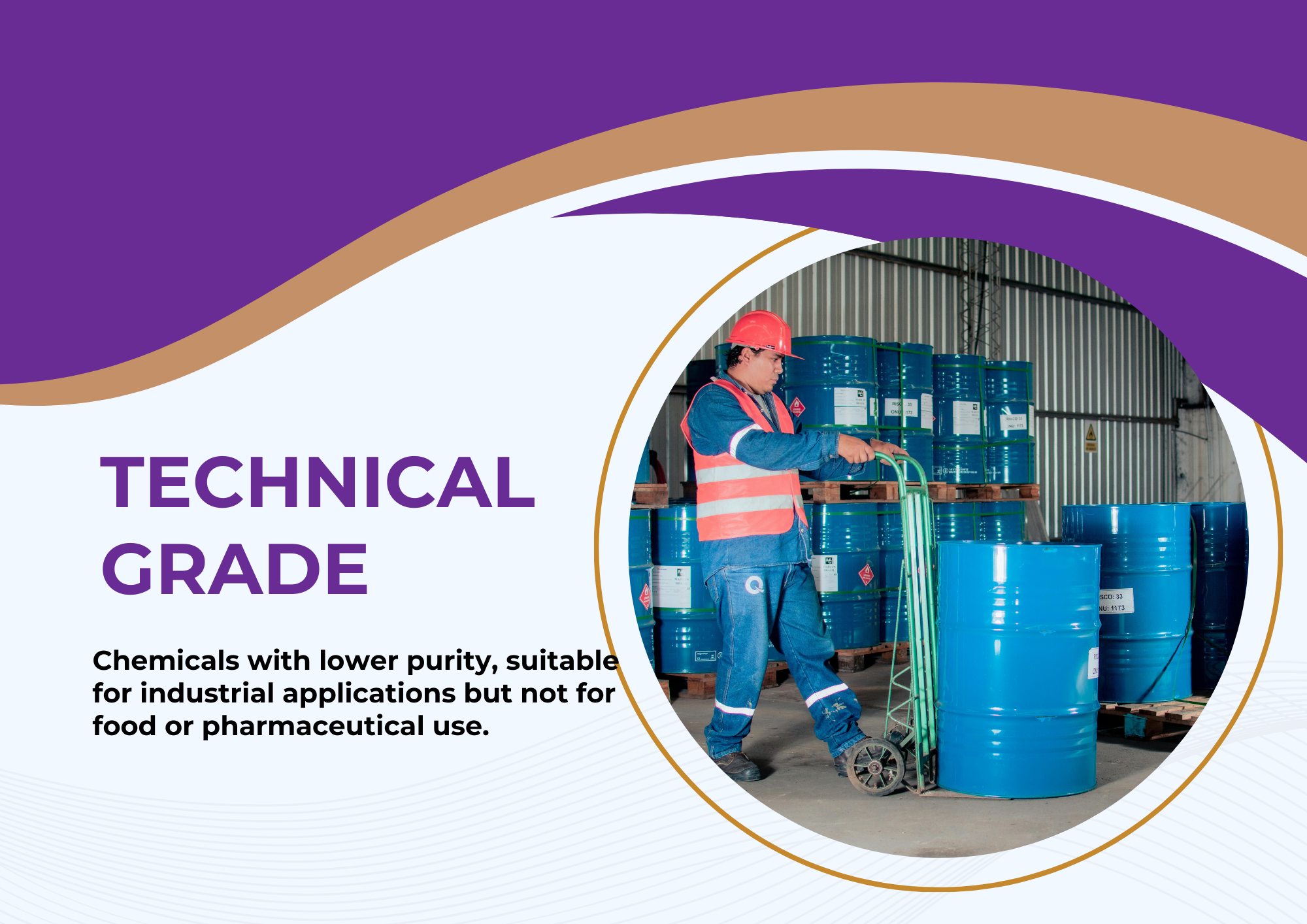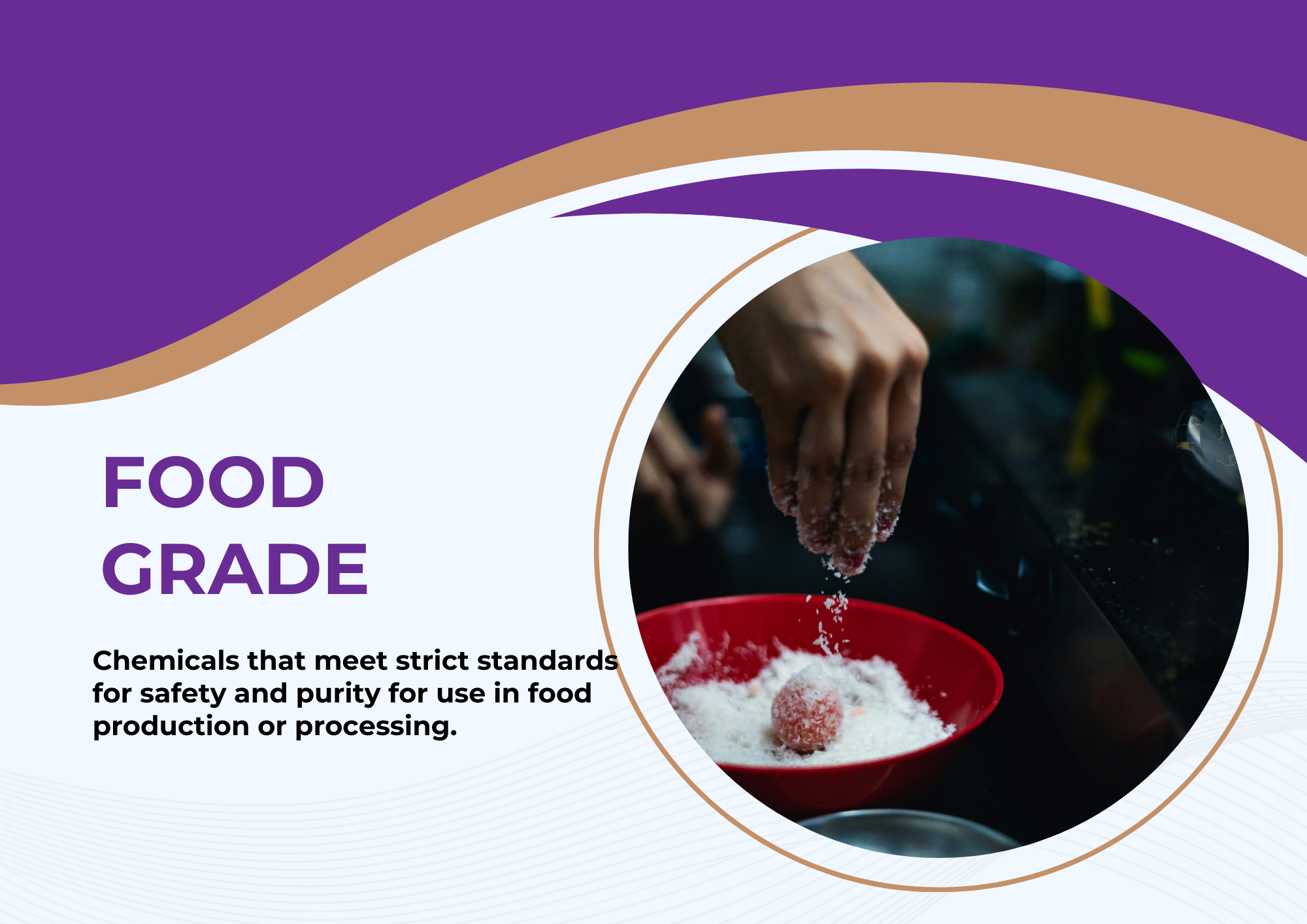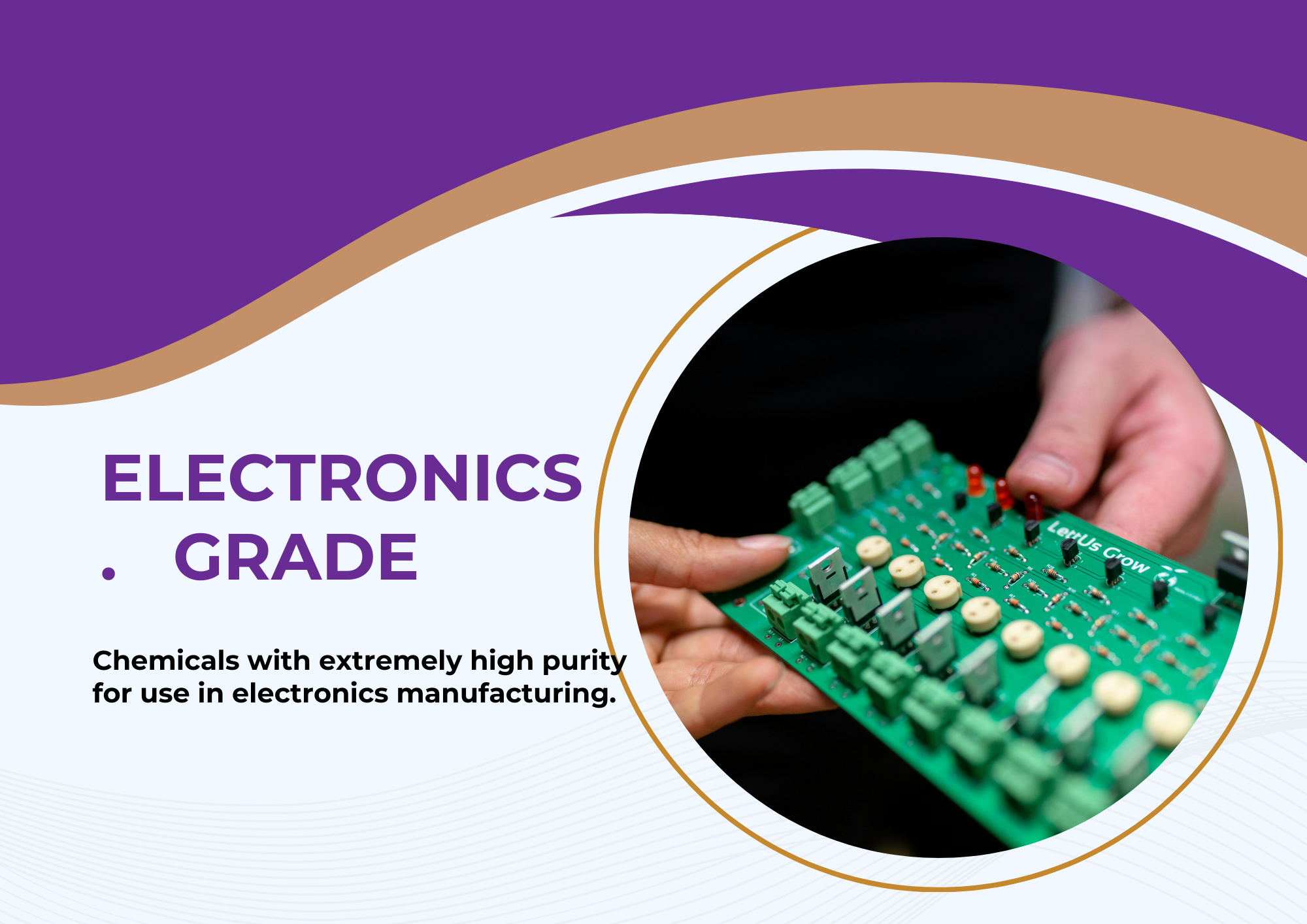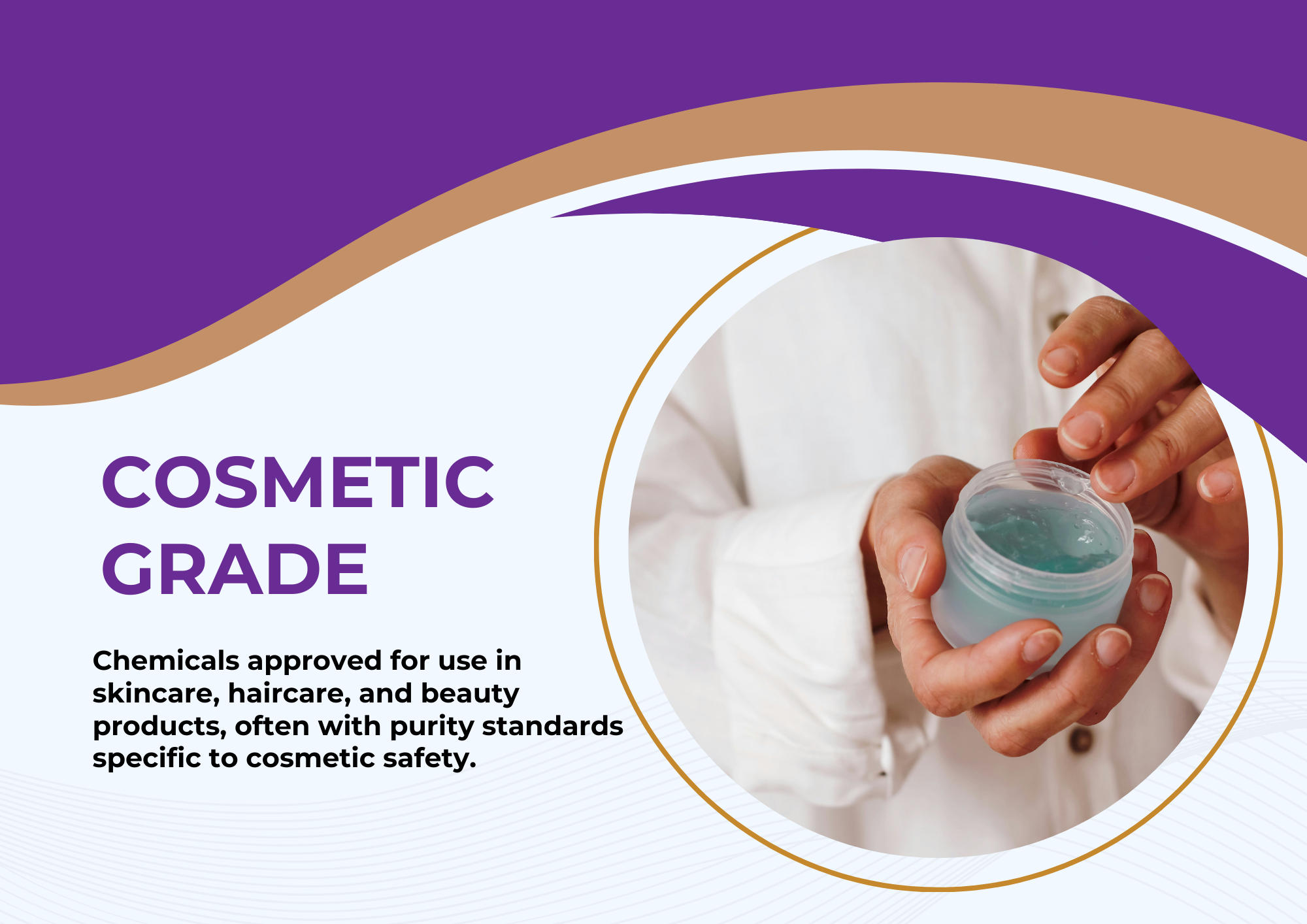“Zinc stearate 25kg” has been added to your cart. View cart
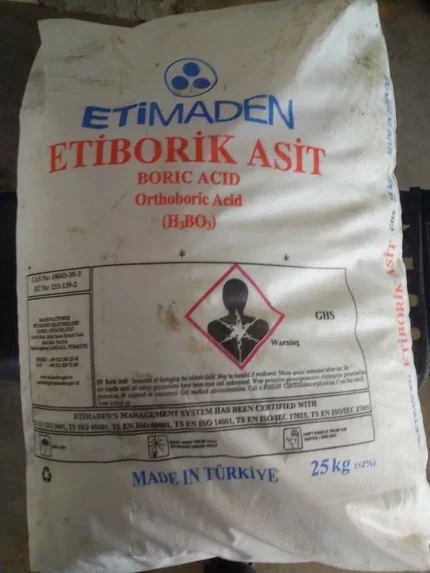
Boric Acid 25kg
KSh9,800.00 Original price was: KSh9,800.00.KSh8,900.00Current price is: KSh8,900.00.
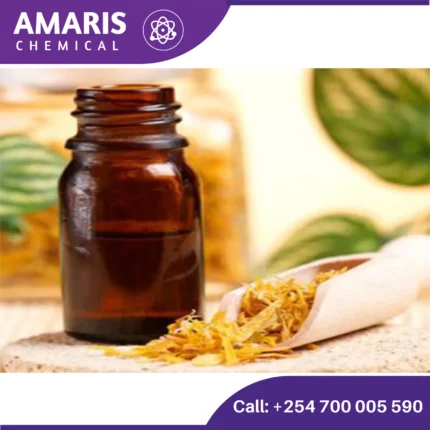
Infused Essential oils
KSh0.01
Coffee Butter
KSh0.01
Coffee butter is a creamy, spreadable substance made from coffee beans or coffee oil that resembles traditional butter in texture and consistency. It is typically produced by combining coffee extract or coffee-infused oil with a solid fat, such as coconut oil or cocoa butter, through a process called emulsification. The resulting coffee butter often retains the aroma and flavor of coffee, making it a popular ingredient in culinary applications and beauty products. It can be used as a spread, added to baked goods, incorporated into desserts, or utilized in skincare formulations for its potential moisturizing and antioxidant properties.
SKU:
ACS61962CHEM0
Category: Emollients
Description
Uses of Coffee butter
- Culinary Uses:
- Spread: Coffee butter can be used as a spread on toast, bagels, or pastries, providing a rich and aromatic coffee flavor.
- Baking: It can be used as an ingredient in various baked goods like cookies, cakes, brownies, or muffins to add a distinct coffee taste.
- Topping: Coffee butter can be melted and drizzled over desserts like ice cream, pancakes, waffles, or French toast.
- Coffee flavoring: It can be added to beverages like hot chocolate, smoothies, or milkshakes to enhance the coffee flavor.
- Cosmetic Uses:
- Skincare: Coffee butter is used in skincare products like moisturizers, body butters, and lip balms due to its potential moisturizing and antioxidant properties.
- Haircare: It can be found in haircare products such as conditioners or hair masks to provide nourishment and hydration to the hair.
- Massage: Coffee butter is used in massage products due to its smooth texture and coffee aroma, which can enhance the relaxation experience.
- Lip Care: It is commonly used in lip balms or lip scrubs to moisturize and soften the lips while providing a subtle coffee scent.
Shipping & Delivery
Related products
Avocado wax
Avocado wax, also known as avocado oil wax or Persea Gratissima (Avocado) Oil, is a natural wax derived from the fruit of the avocado tree (Persea americana). It is obtained by cold-pressing the flesh of the avocado fruit and then further refining the extracted oil to obtain a solid, waxy substance.
Avocado wax has a high melting point and a rich, creamy texture, which makes it an excellent ingredient for various cosmetic and personal care products. It is often used as a natural alternative to petroleum-based waxes or synthetic emollients.
The wax contains a combination of fatty acids, such as oleic acid, palmitic acid, and linoleic acid, which contribute to its emollient and moisturizing properties. Avocado wax forms a protective barrier on the skin, helping to retain moisture and prevent moisture loss. It is known for its nourishing, softening, and smoothing effects on the skin and hair.
In summary, avocado wax is a natural wax derived from avocado fruit, prized for its moisturizing, emollient, and protective properties, making it a valuable ingredient in various cosmetic and personal care products.
Castor Oil Food Grade
Lanolin Anhydrous 50kg
Lanolin Anhydrous USP refers to a high-quality, refined, and purified substance derived from the natural waxy secretion of sheep's wool. It is processed to remove impurities, water, and other components, resulting in a pure form of lanolin. Lanolin itself is a complex mixture of esters, alcohols, and fatty acids, and the anhydrous USP grade ensures it contains minimal to no water content. This refined lanolin is commonly used in various cosmetic and pharmaceutical products for its emollient, moisturizing, and protective properties, serving as a skin-conditioning agent and helping to soothe and hydrate the skin
Micro crystalline Wax 25kg
Micro crystalline wax is a type of wax derived from the refining process of crude oil. It is composed of a complex mixture of hydrocarbons, with a higher percentage of branched and cyclic molecules than straight-chain molecules. Microcrystalline wax is characterized by its small crystal size, which gives it a smooth texture and makes it less brittle than other types of waxes. It is commonly used in a variety of industries, including cosmetics, pharmaceuticals, and food processing, as a lubricant, emulsifier, and water-resistant coating.
Petroleum jelly 175kg
Petroleum jelly is a semi-solid mixture of hydrocarbons, usually derived from petroleum, that has a smooth and greasy texture. It is also known as petrolatum or Vaseline, which is a trademarked brand name. Petroleum jelly is commonly used as a moisturizer to soothe and protect dry, cracked, or irritated skin. It is also used in a variety of other applications, such as lubrication, waterproofing, and as a base for some cosmetics and pharmaceuticals.
Soya wax
Soy wax is a natural alternative to traditional paraffin wax, made from soybeans. It's becoming increasingly popular in candle making due to its renewable and biodegradable nature. Soy wax burns cleaner and slower than paraffin wax, emitting less soot and lasting longer. It's also non-toxic, making it a healthier option for both the environment and indoor air quality. Many people appreciate soy wax candles for their eco-friendliness and the fact that they support agricultural sustainability. Additionally, soy wax can hold fragrance oils well, providing a pleasant scent experience.
Stearic Acid (Triple Pressed) 25kg
Stearic acid is a saturated fatty acid with the chemical formula C18H36O2. It is a solid, waxy substance that is odorless and tasteless. Stearic acid is commonly found in natural fats and oils, such as animal fats (beef, pork, and chicken) and vegetable oils (such as coconut oil, palm oil, and shea butter).
Stearic acid is widely used in various industries and applications. In the food industry, it serves as a food additive and is commonly used as a thickener, emulsifier, and stabilizer. It can be found in a variety of food products, including baked goods, confectionery, margarine, and chocolate.
Outside of the food industry, stearic acid has many applications. It is used in the production of candles, cosmetics, soaps, detergents, and lubricants. It is also utilized as a coating for pills and tablets in the pharmaceutical industry.
From a chemical perspective, stearic acid belongs to the class of fatty acids, which are long-chain carboxylic acids. It is called a saturated fatty acid because its carbon chain is fully saturated with hydrogen atoms, meaning it does not contain any carbon-carbon double bonds. This saturation gives stearic acid its solid form at room temperature and makes it less prone to rancidity compared to unsaturated fats.
Overall, stearic acid is a versatile compound with various industrial applications, primarily as a thickener, emulsifier, stabilizer, and lubricant.
White oil 162kg
White oil is a highly refined, colorless, odorless, and tasteless mineral oil that is commonly used in a variety of industrial, cosmetic, and pharmaceutical applications. It is produced by refining crude oil to remove impurities, resulting in a pure and stable oil that is chemically inert and non-toxic. White oil is typically characterized by its high purity, low viscosity, and low volatility, which makes it an ideal choice for applications where cleanliness, stability, and safety are important. Some common uses of white oil include as a lubricant, a carrier oil for fragrances and flavors, a plasticizer in the manufacturing of plastics, and as an ingredient in personal care products such as lotions and creams.

